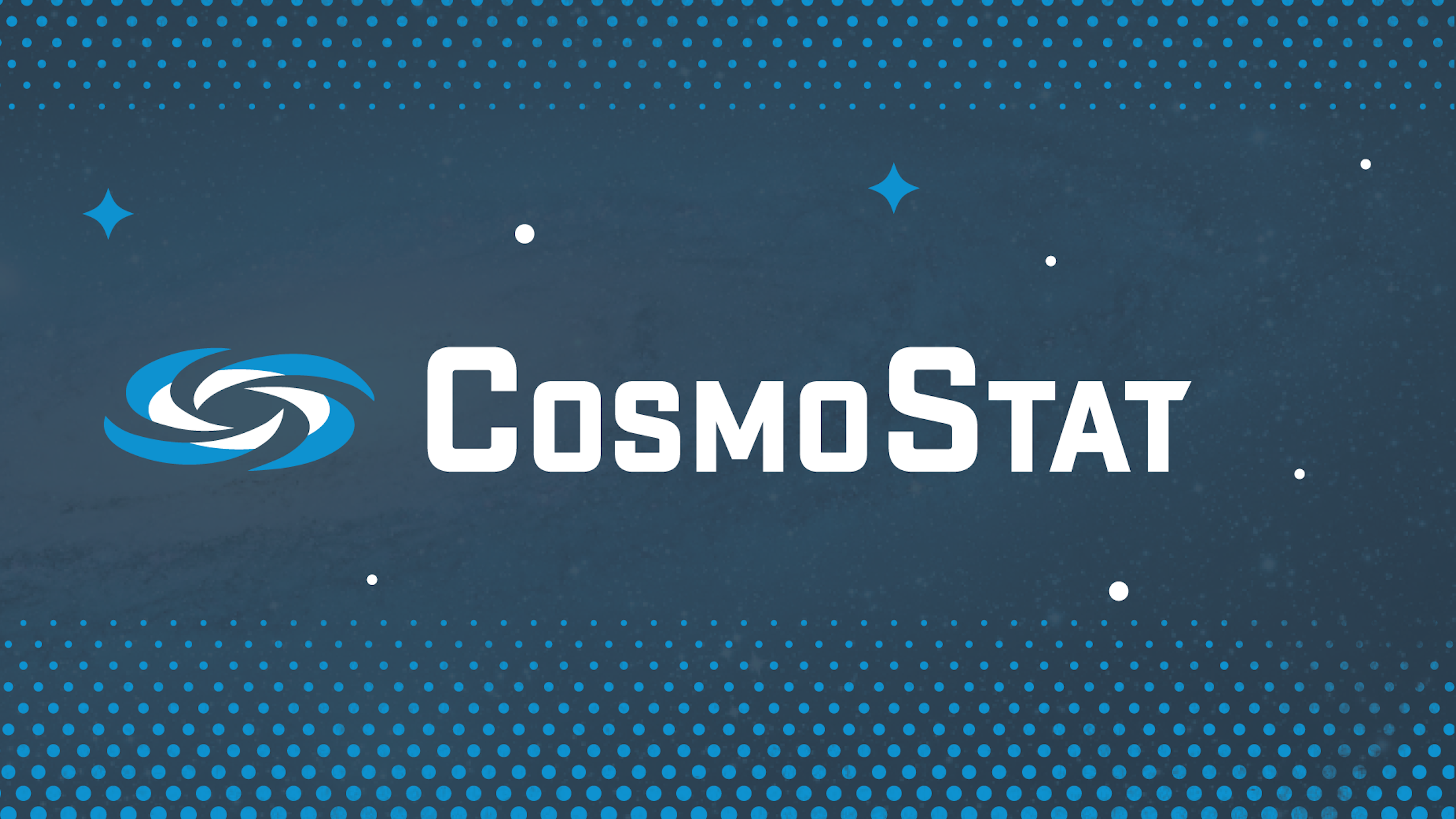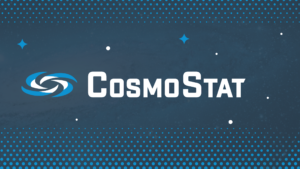Date & Time: 18 Apr 2024, 10h
Venue: Salle Kepler/Zoom, Bâtiment 709
Title: Higher Order Weak Lensing Statistics in Euclid
Abstract:
The Higher-Order Weak Lensing Statistics (HOWLS) key-project aims to improve the extraction of cosmological information encoded into the cosmic shear data in the Euclid mission. Infact, by evaluating an etherogenous pletora of higher-order statistics (HOSs) sensitive both to the Gaussian and non-Gaussian content of this field, the constraints on the cosmological parameters can be significantly improved with respect to the classical 2-point estimators (only decoding the Gaussian information).
The talk will be structured in three parts as follows:
1) Firstly, I will present the most important results of the first HOWLS paper where 10 different HOSs has been measured on non-tomographic Euclid-like data. Individually, each HOS demonstrates a twofold increase in Fisher forecast precision over two-point statistics. When combined, a 4.5 times improvement is observed, emphasizing the significant potential of HOS for Euclid's cosmic shear analysis.
2) Secondly, I will introduce the work currently undergoing for the second paper of the HOWLS series in which the analysis will be made more realistic thanks to a tomographic approach and to the usage of realistic masks. We will test the tomographic HOSs performances making use of a reasonable fixed number of bins in both equi-populated and equi-distant configuration tailoring our mocks in a DR1-like and DR3-like setup. We will also validate the Kaiser-Squire reconstruction pipeline using tomography as well as in presence of masked pixels. Finally, we will evaluate the impact of the masks application on the HOSs precision by computing the Fisher bias. This non-trivial process is showing many caveats which have to be faced properly.
3) In this third and last step, I will describe the future steps of the HOWLS project towards the Euclid-DR1.




